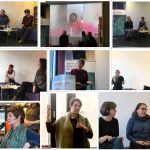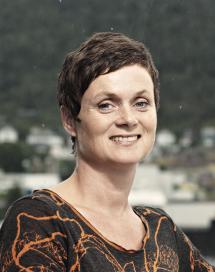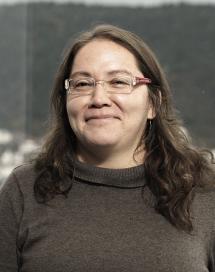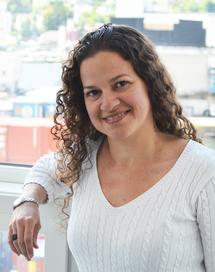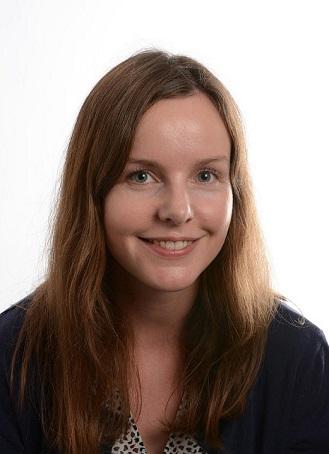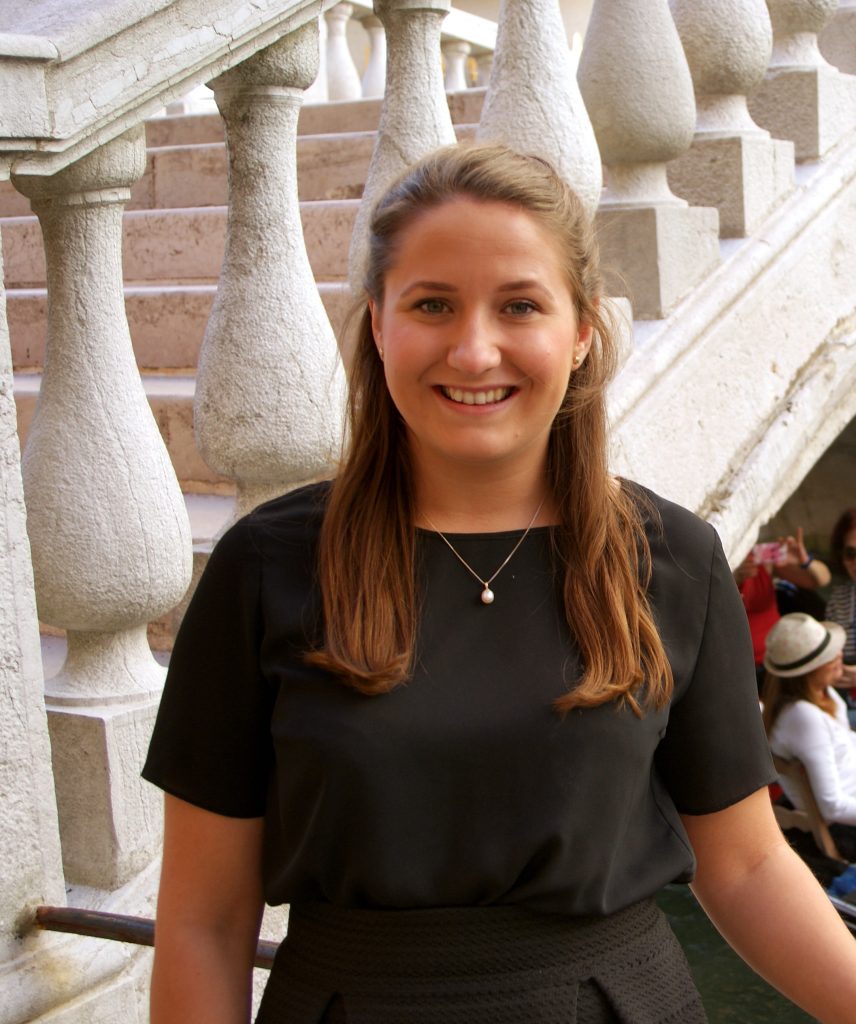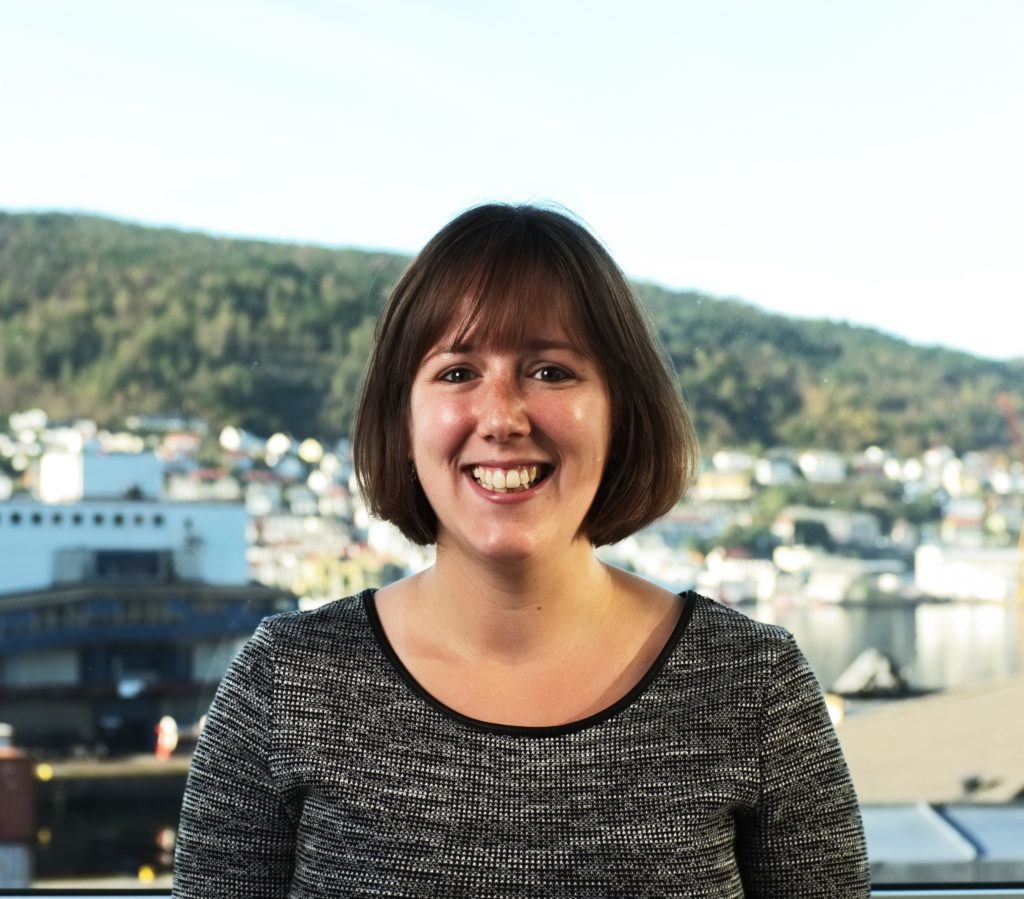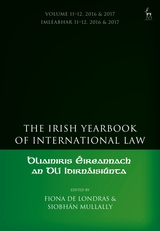LawTransform, together with our collaborators, host a number of ongoing seminar series on a wide variety of topics:
To mark the celebration of 50 years since homosexuality was decriminalised in Norway, LawTransform will run, throughout 2022, a seminar series focused on queer rights activism in different contexts. While fighting for the recognition of rights, activists have to develop strategies and adapt to complex political landscapes and sometimes even face persecution and repression.
Barnevernsfrokost – Webinar series on Child Protection Services and Children’s rights
The Child Protection breakfasts are a series of webinars on Child Protection Services and children’s rights. The child welfare breakfasts are arranged once a month in Norwegian.
This seminar series is a collaboration between LawTransforms Child Rights unit, Centre for Research on Discretion and Paternalism and Bergen kommune – Etat for barn og familie.
Breakfast for Democracy #BFFDemocracy
Once a month, the Democracy and Law Research Unit hosts the Breakfast for Democracy (#bffDemocracy) seminars. In the series they discuss current events in world politics in light of research on processes of democratisation and autocratisation. This is a seminar series organised by the research project ‘Breaking BAD’ in cooperation with Bergen Global.
Menneskerettighetsbyen – Bergen as a Human Rights City
In June 2019, the City Council of Bergen unanimously voted to become Norway’s first Human Rights City. While the local government attempts to spell out what such a label entails, this seminar series will investigate the many human right challenges that exist in Bergen. Topics that will be explored varies from tourism to urban planning and groups of people who face different challenges.
This seminar series is a collaboration between LawTransform, the Rafto Foundation, the Church City Mission (Kirkens Bymisjon), CMI, the University of Bergen and Bergen Global.
Abortion rights lawfare
Across the world we see fierce contestation over abortion rights. Battles for and against women’s rights to reproductive choice rage in courts and legislatures, in electoral campaigns and on the streets. The idea of this webinar-series is to address some key ongoings regarding the subject, considering the main role that law and politics play on the availability and the quality of these rights, including abortion, access to information and sex education.
Students in crisis
Students play an important role when it comes to finding solutions to the greatest challenges of our time, yet they have taken an unproportional part of the burden during the pandemic. This is the common starting point when UiB Collaboratory and LawTransform join forces with the Bergen School of Global Studies and Bergen Global for a seminar series on how COVID-19 has affected and affects students, and will continue to do so in yet uncertain ways in the future.
Transitional Justice in Norway and Beyond
This seminar series will address some of the key questions within transitional justice in a local and global perspective. Transitional justice is an important part of rehabilitation, state- and peace-building after conflict. However, it can also be part of a society that is recovering from a repressive regime or going through regime change. This is a collaboration between LawTransform, CMI, the University of Bergen and Bergen Global.
The RDV seminar series
Bi-weekly research seminars (online) on Law, Democracy and Welfare. The seminar series is a collaboration between the Research Group Law, Democracy and Welfare at the Western Norway University of Applied Sciences, Center for Research on Discretion and Paternalism (UiB) and the Lawtransform Child Rights unit. Seminars are announced at discretion.uib.no and open for everyone interested. To receive an invitation to the RDV-webinar, contact discretion@uib.no.
Master’s week
LawTransform Master’s Week is a week with public seminars/webinars in January every year where former master students, who are part of the centre’s student group, have the opportunity to present their master theses. There is also a closed session for those who are still developing their theses to discuss their work in progress and receive comments and feedback. LawTransform is lucky to have many bright and committed students around! They put a lot of effort into writing great master’s theses while also organizing seminars that make the centre an inspiring place to be. We therefore have all the reason to celebrate it with an entire week of seminars/webinars.

